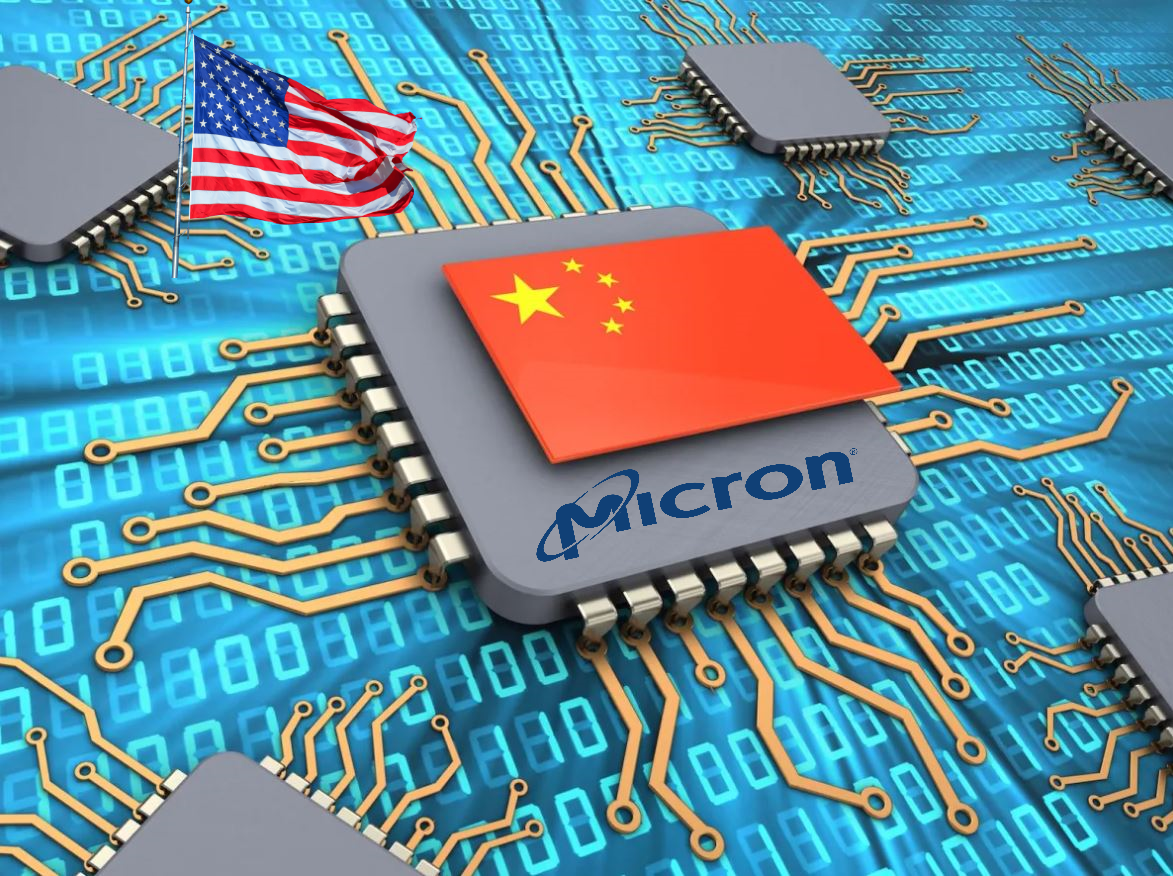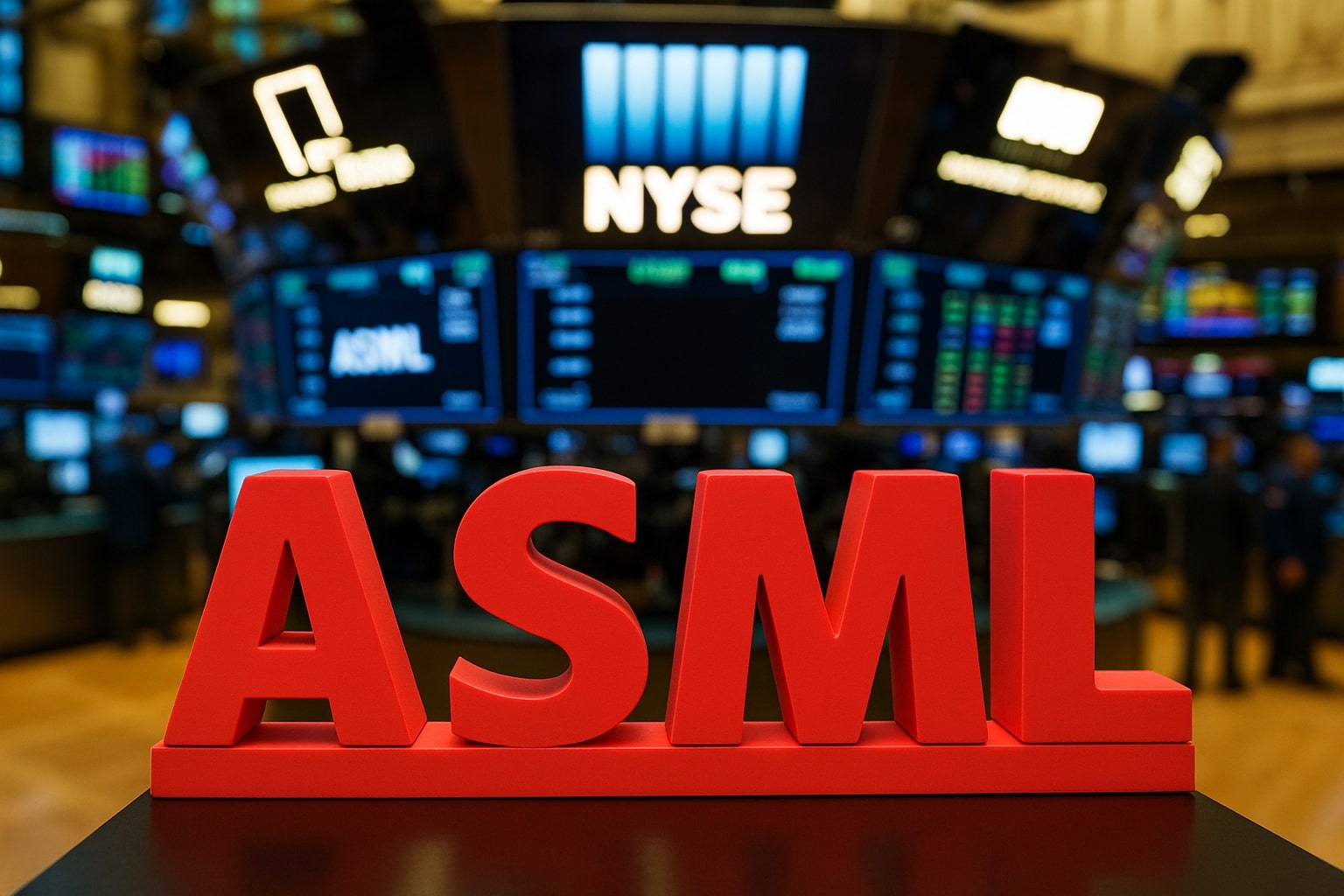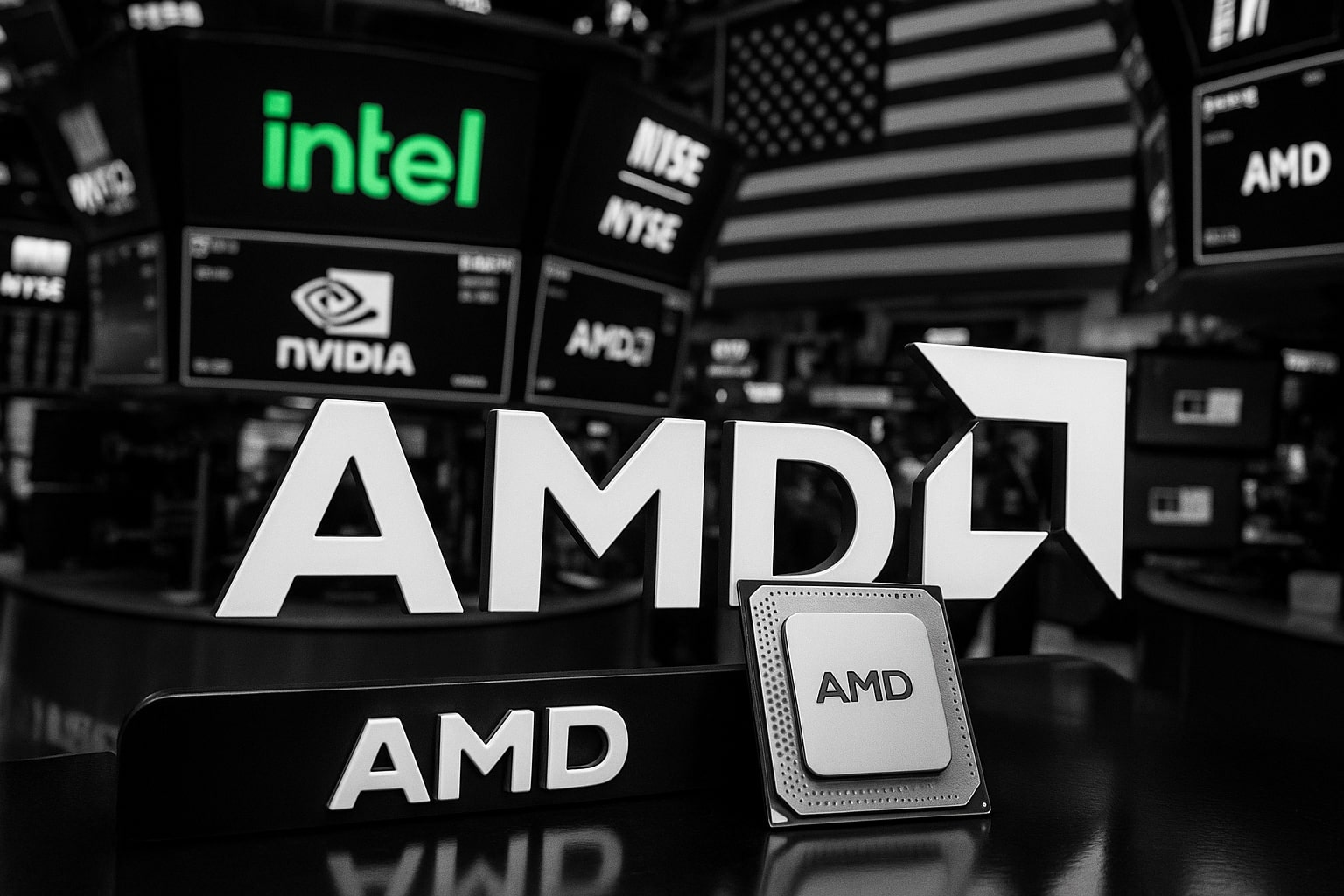
U.S. Chipmaker Micron Navigates Geopolitical Tensions Amid China's Restrictions
Facing cybersecurity probes and potential revenue losses, Micron remains committed to its China operations amidst a complicated geopolitical landscape
The top memory chip manufacturer in the United States, Micron Technology, recently warned investors that the Chinese government's limits on the sale of its chips would have an even more significant impact on its income. The corporation's share value dropped by about 2% due to this unanticipated occurrence.
These worries result from the Chinese government's attempts to control the nation's expanding technology sector. After Washington instituted export curbs on American components and chip-making equipment, Micron was the first American chip manufacturer to experience the effects of Beijing's regulatory tightening. It is done to stop these technologies from being potentially used for China's military capabilities.
The Cybersecurity Administration of China recently asserted that Micron failed its security examination, preventing critical domestic infrastructure operators from using the American memory chipmaker's goods. The regulator did not, however, disclose any additional information about the dangers it identified or indicate which Micron products might be impacted.
Due to this embargo, Micron now projects that a low-double-digit percentage of its overall revenue—roughly half of which comes from China-based businesses—will be impacted. This is a considerable gain from the initial low to high single-digit percentage projection.
Despite the persistent uncertainty, Micron showed dedication to the Chinese market by declaring plans to invest 4.3 billion yuan (about $603.8 million) in its chip packaging factory in Xian over the coming few years. According to Micron CEO Sanjay Mehrotra, the investment is evidence of the company's "unwavering commitment to its China business and team."
On the other hand, the American technology industry has become a vital issue of contention between the two biggest economies in the world. At a time when Washington is putting penalties on China, American lawmakers see Beijing's moves against Micron as a covert attack on American businesses.
The U.S. has placed Chinese tech companies on a "black list," limited the importation of advanced processors, and forbade Chinese nationals from supporting the domestic chip industry. The uncertainty faced by American chipmakers who heavily depend on China, the world's largest semiconductor market, has increased due to Beijing's decision to exclude Micron's chips from being used in crucial infrastructure projects.
The United States is also working hard to build critical supply chains outside China. As part of this plan, Intel has disclosed plans for a $4.6 billion chip manufacturing facility in Poland. Additionally, it is said that Micron is close to committing at least $1 billion to constructing an Indian semiconductor packaging factory.
Geopolitical pressures, however, provide a backdrop against which these sector dynamics are developing. The latest measures against Micron highlight the difficulties in reducing these tensions, despite the Biden administration's efforts to improve the U.S.-China relationship.
Western sanctions and export restrictions have also hurt China, which has prompted Beijing to work toward self-sufficiency in sectors like semiconductors. The majority of technology supply chains are currently under the authority of the United States and its allies, giving them clout over Beijing. However, as China continues to drive for technical independence, this balance may change in the future decades.
Recent limits placed on Micron in China are a sign of possible future conflicts. Gina Raimondo, secretary of commerce for the United States, denounced the choice and said that Washington "won't tolerate" China's "economic coercion."
A day after the end of the G-7 Summit in Hiroshima, when China's economic pressure was a prominent topic of debate, Micron made its announcement outlining the anticipated revenue loss. Despite the hostile global environment, Micron announced its $3.7 billion commitment to enhance semiconductor manufacturing technologies in Japan, solidifying its position as one of the top American chip manufacturers.
Last but not least, Micron announced a further $600 million investment in its current facility in central China, despite the limitations imposed by the Chinese government. With the investment, Micron will be able to expand its Xi'an facility in the upcoming years by adding manufacturing lines and purchasing new machinery. CEO Sanjay Mehrotra emphasized this action as evidence of Micron's unwavering dedication to its Chinese business operations.
Analysts anticipate $3.67 billion in revenues and a loss of $1.59 per share from Micron's upcoming quarterly results. These projections align with Micron's last performance, which was disappointing when it reported a loss of $1.91 per share on revenues of $3.69 billion.
Read More
-
SCHD ETF Holds Ground With 3.6% Yield as Dividend Investors Eye Stability Over Growth
15.10.2025 · TradingNEWS ArchiveStocks
-
Ripple XRP (XRP-USD) Steadies at $2.43- SEC Shutdown Freezes ETF Decisions, Inflows Hit $61.6M
15.10.2025 · TradingNEWS ArchiveCrypto
-
NG=F Falls to $2.99 as Record Supply Outpaces Demand Despite 16.9 Bcf/d LNG Exports
15.10.2025 · TradingNEWS ArchiveCommodities
-
USD/JPY Price Forecast - Yen Weakens to 151.30 Amid Dollar Selloff
15.10.2025 · TradingNEWS ArchiveForex


















